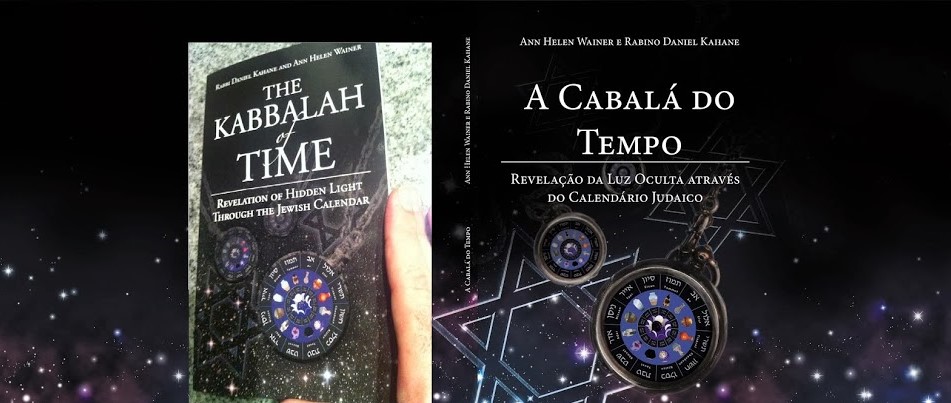SONG OF SONGS:
11. For behold,
the winter has passed; the rain is over and gone.
12. The blossoms
have appeared in the land, the time of singing has arrived, and the voice of
the turtledove is heard in our land.
13. The fig tree
has put forth its green figs, and the vines with their tiny grapes have given
forth their fragrance; arise, my beloved, my fair one, and come away.
70 SOULS THAT
DESCENDED TO EGYPT: Jachin
TALMUD SHEVUOTH:
Daf 10 - Holiness
BOOK OF
JEREMIAH: Chapter 10
Week 10 in the Jewish calendar is more definitively
related to Kislev, sometimes including Rosh Chodesh Kislev. The
Song of Songs verses for this week are still all from the perspective of the
Jewish people. The theme of the verses is also G-d’s salvation, from spiritual “winter,”
to spiritual “spring.” Rashi draws a greater parallel between the
exile of Egypt and the Passover redemption – the redemption of Chanukah has
many parallels with that initial redemption as well.
The opening verse states that the rain has passed (Cheshvan again
being related to the Flood). The second verse describes how it is now the time
of pure devoted singing (like that of the turtledove) associated with the
singing and praise of the pure Kohanim, and the Maccabees. The third verse
is associated with a certain cleansing and defeat of those that wished to assimilate,
associated with “darkness” (one of the names of the exile of Greece). Rashi states:
Another explanation: “The
fig tree has put forth its green figs” -These are the transgressors of Israel,
who perished during the three days of darkness.
and the vines with
their tiny grapes gave forth their fragrance: Those who remained of them
repented and were accepted. So it is interpreted in Pesikta (Rabbathi 15:11,
12; Pesikta d’Rav Kahana, p. 50).
Figs and grapes are two fruits for which the Land of
Israel is praised. After our salvation and the defeat of the Greeks, life and
in the Land of Israel started to return to normal.
Of the seventy souls of the Jewish people that
descended to Egypt, the tenth mentioned is Jachin. Jachin means “to establish,”
or “to prepare,” a verb which is actually part of our prayer for the
restoration of Jerusalem.
This idea is expressed in our daily prayers. In the
[blessing] of rebuilding of Yerushalayim, we petition God "return and
dwell in Yerushalayim" and then we add "ve'chise David meheira
le'tocha tachin" - “and install within it soon the throne of David”.
Though there is a separate beracha which pertains to the reestablishment of the
kingdom of David, we mention it alongside the return of God in the petition to
rebuild Jerusalem. The Mikdash and the throne of David mutually make up the
ideal Jerusalem. Jerusalem is a city united by worship of God and governance of
Am Yisrael.[1]
Jachin was also the name of one of the pillars of
Solomon’s Temple. The other pillar’s name was Boaz.[2]
Daf Yud (Folio 10) of Shvuot continues
to discuss the atonement of the goat offered during festivals, as well as Rosh
Chodesh and Yom Kippur. The daf also includes a discussion
of whether the holiness of certain items of the Temple can vanish. These
discussions are all connected to Kislev as already discussed above.
Chapter 10 of the Book of Jeremiah contains a
similar theme to the above. It continues to draw a distinction between the
idolatrous ways of the nations and Israel’s portion in G-d. It also describes
G-d’s vengeance for the desecration of His Temple:
16. Not like these is
Jacob's portion, for He is the One Who formed everything, and Israel is the
tribe of His inheritance; the Lord of Hosts is His name."
(…)
25. Pour out Your
wrath upon the nations that do not know You and upon the families that have not
called in Your name, for they have devoured Jacob and consumed him and
destroyed him, and have wasted his dwelling.
These last verses of this chapter are also quite
famous, verses we state during the reading of the Passover Hagaddah.
